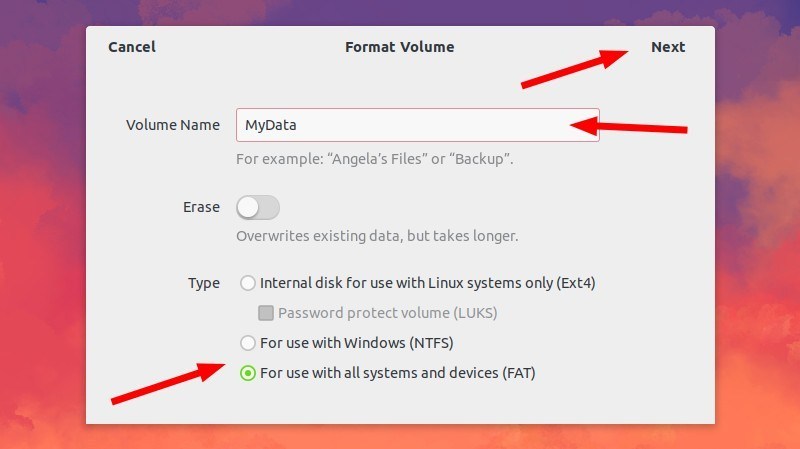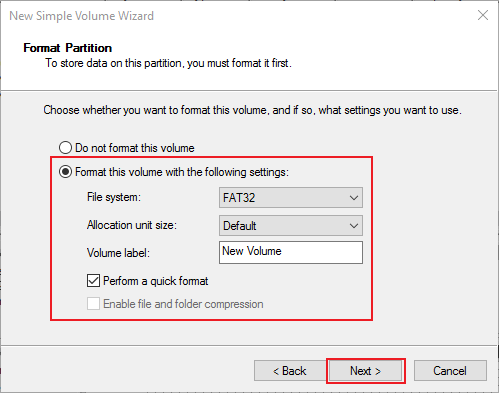
If you need to support this service, but still want to disable rmvolmgr, then do not disable smserver in the action above.

Solution To disable this service, run the following commands: # svcadm disable svc:/system/filesystem/rmvolmgr # svcadm disable svc:/network/rpc/smserver Notes: rmformat is a rpc.smserverd client. When a user logs onto the workstation console ( /dev/console), any instance of user-initiated rmvolmgr will only own locally connected devices, such as CD-ROMs or flash memory hardware, locally connected to USB or FireWire ports.

If you have mounted a USB manually, it is best to even unmount it manually. In the following image, the 16 GB Volume listed right above Other Locations is my mounted USB storage. You can also access USB through the file manager. In such cases, the rmvolmgr instance will not allow management of volumes that belong to other than the owner of the startup script. Lock USB is a secure USB password protection Software and security tool with all types of USB locker, Portable drives, flash drives & external drives. You can access it through your media folder. xinitrc file, user-isolated instances of rmvolmgr can be run via a session startup script. It also introduces the risk that sensitive data may be transferred off the system without a log record. Rationale: Allowing users to mount and access data from removable media devices makes it easier for malicious programs and data to be imported onto the network. If a diskette contains either type of file system, you can successfully drag and drop files between the diskette and File Manager.
#Usb volume manager manual#
See the rmvolmgr(1M) manual page for more details. Next time when you connect the same drive, Windows assigns it the R: drive letter if it’s free. Rename the DosDevicesG: value to DosDevicesR: Exit the Registry Editor. These devices include CD-R, CD-RW, floppies, DVD, USB and 1394 mass storage devices. Launch the Registry Editor ( regedit.exe) Go to the MountedDevices registry branch below: HKEYLOCALMACHINESYSTEMMountedDevices. Information The HAL-aware removable volume manager in the Solaris 11 OS automatically mounts external devices for users whenever the device is attached to the system.


 0 kommentar(er)
0 kommentar(er)
